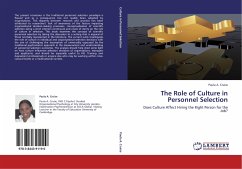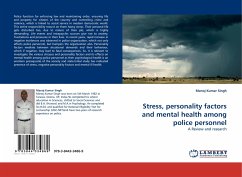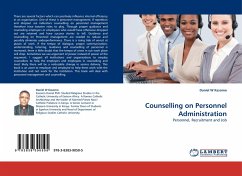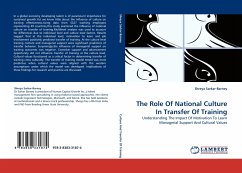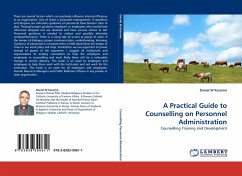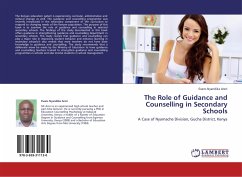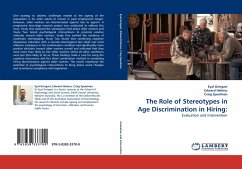The present consensus is the traditional personnel selection paradigm is flawed and as a consequence has not readily been adopted by organisations. This disparity between research and practice has been attributed to researchers lack of awareness of the factors impacting organisational decision-making processes, conceptualisation of scientific selection along a strict criterion continuum and a lack of clarity on the role of culture in selection. This book examines the concept of scientific personnel selection by taking the discussion to a setting that is atypical of those normally represented in the literature. The current work investigates the role of culture in individual and organisational selection decisions with the aim of challenging the assumption of universality espoused by the traditional psychometric approach in the measurement and understanding of personnel selection outcomes. The analysis should help shed some light on how culture influences selection decisions of organisations, managers and applicants, and should be especially useful to HR, Training and Assessment professionals or anyone else who may be working within cross-cultural teams or a multinational context.
Bitte wählen Sie Ihr Anliegen aus.
Rechnungen
Retourenschein anfordern
Bestellstatus
Storno

